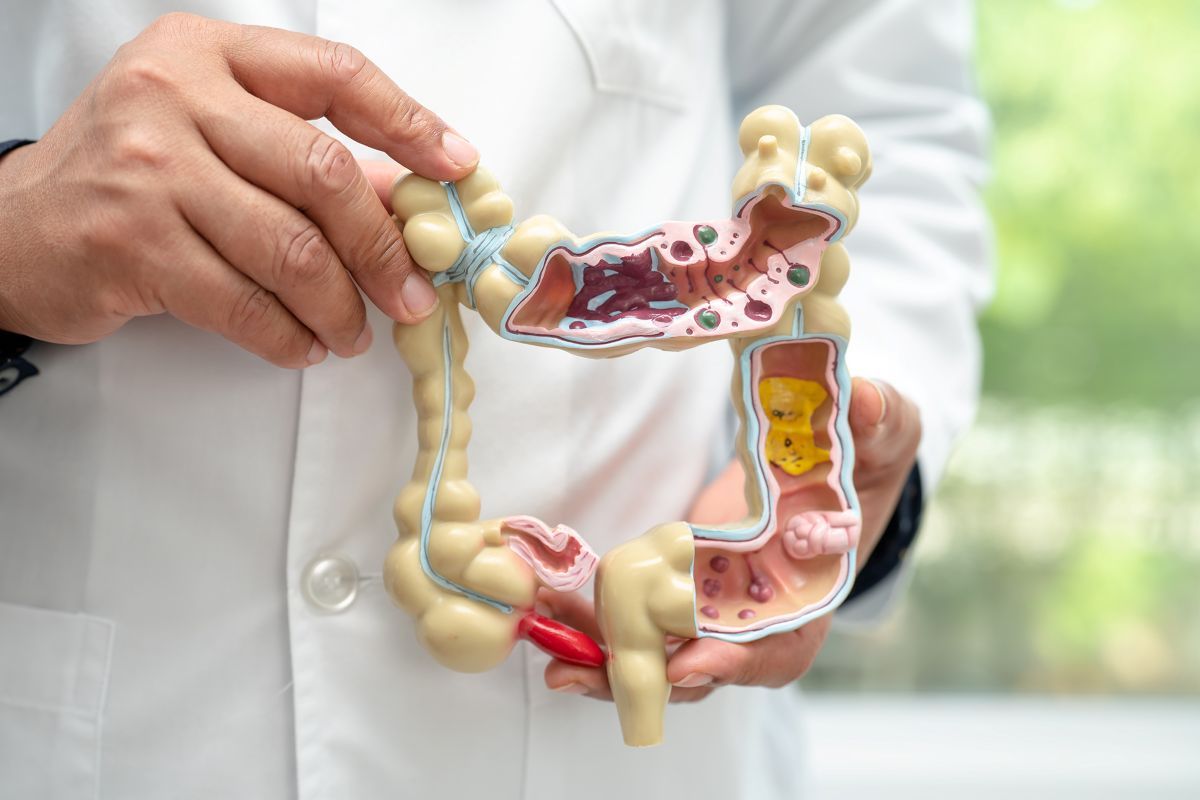By Dr. Wallace
More than 1,250,000 Americans are newly diagnosed with cancer every year. Approximately 500,000 of these individuals (40% annually) will develop oral complications from the therapy used to treat their cancer. These complications have the potential to adversely affect treatment outcomes, cancer prognosis, and quality of life for millions of men, women, children and the families that love them.
Because time is a major concern after a diagnosis of cancer, the dental team should see the patient within 24 hours of referral from the oncologist. The main reason oncologists may not refer their patients for a pretreatment dental evaluation is to avoid any delay in starting treatment.
Many cancer patients are unaware that cancer treatments can affect the oral tissues. Dental professionals need to be a part of the cancer treatment team; diligent oral care prior to, during, and following cancer treatment can prevent or reduce the severity of oral complications. This can enhance both the patient’s survival and quality of life. Your dentist holds a critical position on the healthcare team for cancer treatment. A thorough oral evaluation by a knowledgeable dental professional at least two weeks before cancer treatment begins is important to the success of the regimen. Recognizing oral problems that already exist, such as periodontitis, caries, failing restorative work, and dentures may decrease the risk of infection. Areas where the gums or tissues are irritated can lead to ulceration in the mouth. Many of the medications used cause dry mouth. Pain and discomfort resulting from teeth and gums make it difficult for a patient to receive all of his or her treatment and sometimes treatment must be stopped completely. What would typically be routine work becomes urgent.
By starting preventive measures before and during early cancer therapy, it is possible for dentists to reduce the occurrence and the problems associated with their patients’ cancer treatment and significantly improve physiologic and social functioning. Timely oral care can also improve post treatment social adaptation and life quality, as well as prevent teeth having to be extracted in the interests of expediency with the patient having little choice in the matter.
Common oral complications of cancer treatment include:
• Inflammation and ulceration of the mucous membranes inside the mouth (causing pain, oral and systemic infection).
• Infection: viral, bacterial, and fungal (thrush/pain and burning of the tongue)
• Xerostomia: dryness of the mouth because of thickened, reduced, or absent salivary flow (increases risk of infection and comprises speaking, opening mouth).
• Extensive dental decay.
Dr. Wallace is with Palmetto Smiles of Beaufort, 40 Kemmerlin Lane, Beaufort, SC 29902. Call 843-524-7645.






